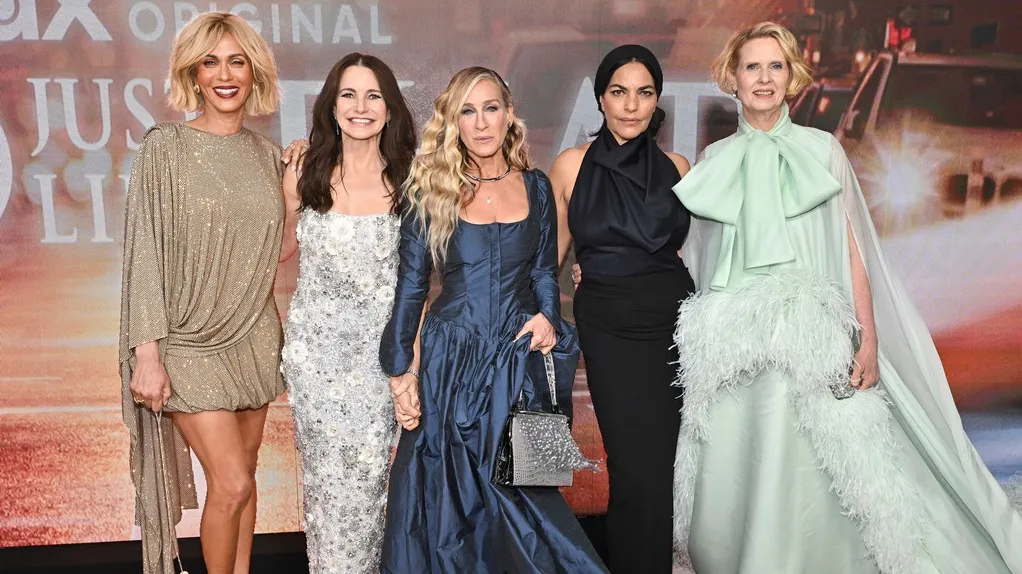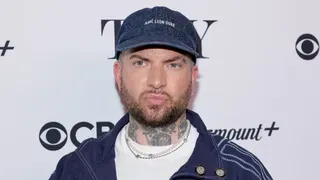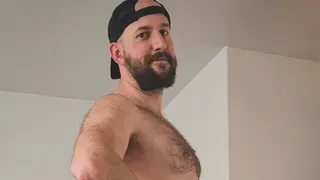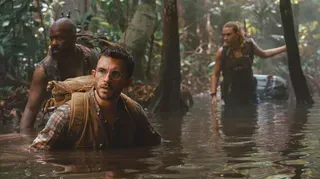September 14, 2013
Q & A with Janelle Monae
Kilian Melloy READ TIME: 3 MIN.
Janelle Monae finally gave birth this week. No, it wasn't a little baby, but a bundle of music that she says was just as labor-intensive.
"I just feel like this is a baby and I'm ready to have a C-section or this baby is ready to come," Monae said of "The Electric Lady," released Tuesday.
Monae's sophomore effort comes three years after her critically acclaimed full-length debut, "The ArchAndroid."
The new album is a departure for the 27-year-old, who collaborates with Prince ("Givin Em What They Love"), Miguel ("Primetime") and Erykah Badu ("Q.U.E.E.N.") on the 19-track set.
"None of it was for politics," she said of the guest artists, who also include Esperanza Spalding and Solange. "These guys are writing their own music; in control of their futures ... they do what they feel on their own terms and time."
In an interview with The Associated Press, Monae, who is based in Atlanta, talked about working with Prince, being in therapy and how her dreams helped her create the songs that make up "The Electric Lady," co-executive produced by Diddy and Big Boi of OutKast.
____
AP: Your albums follow the story of Cindi Mayweather, an android who falls in love with a human and she's being punished for that. What's happening with her on "The Electric Lady"?
Monae: This is her life before she became the ArchAndroid, what the community thought about her, what her thoughts were, what got her into trouble (and) why they wanted to dissemble her.
AP: Are you Cindi?
Monae: We share the same DNA.
AP: Who influenced the album?
Monae: George Lucas. I performed at his wedding reception. ... I met him and I got a chance to speak with Steven Spielberg, and these are people whose ideas, you know, if they weren't able to make their movies, I don't think that I would have been able to articulate my thoughts on Cindi. ... They kind of showed me how to do that, I just wanted to do it with music.
AP: How did you come up with the songs for the new album?
Monae: The concept for that album didn't come to me until I went on tour and I started to paint, and I would sing and paint at the same time. I would paint the silhouette of this female body ... and I didn't quite understand why I was painting this woman. I actually was a little freaked out by it. So I went back to Atlanta and I talked to my therapist, and she encouraged me, she said, 'You should name her. Name her.' And I did.
AP: Were you in therapy for a specific reason?
Monae: All around. I find it very helpful. It helps with my songwriting because once I am talking to somebody and I'm getting it out and it's not in my head, I'm able to just write it out.
AP: How long have you been in therapy?
Monae: Since I was a 1-year-old I've had a therapist, someone to talk to. They might have not been certified, but I've always talked and been very open about where I am in my life.
AP: What was it like to work with Prince?
Monae: It was very organic. Prince ... reached out to me when I released 'Metropolis' ... and I was doing that almost independently. He and I have been friends ever since and he's always respected me as a businesswoman and he thought it was great that Puffy wasn't telling me what to do and that I was in control of my creativity. And he always said, 'If you ever need anything, I'm always here.'
AP: You're sticking to your black-and-white fashion style, but your hair is straight in the "Dance Apocalyptic" music video. What happened?
Monae: That wasn't me. That was probably Electric Lady 57821. Lots of clones.
AP: Why did you decide to make "Q.U.E.E.N." the first single?
Monae: Erykah Badu and I talk often, and we wanted to create an anthem for the marginalized. Women, gays, lesbians, the ex-communicated, the untouchable, immigrants.
AP: Are you in the "Q.U.E.E.N." video?
Monae: Only on half of the video. The rap part. I have clones.
AP: How many clones do you have?
Monae: I can't tell you, but that definitely wasn't me.
Kilian Melloy serves as EDGE Media Network's Associate Arts Editor and Staff Contributor. His professional memberships include the National Lesbian & Gay Journalists Association, the Boston Online Film Critics Association, The Gay and Lesbian Entertainment Critics Association, and the Boston Theater Critics Association's Elliot Norton Awards Committee.





